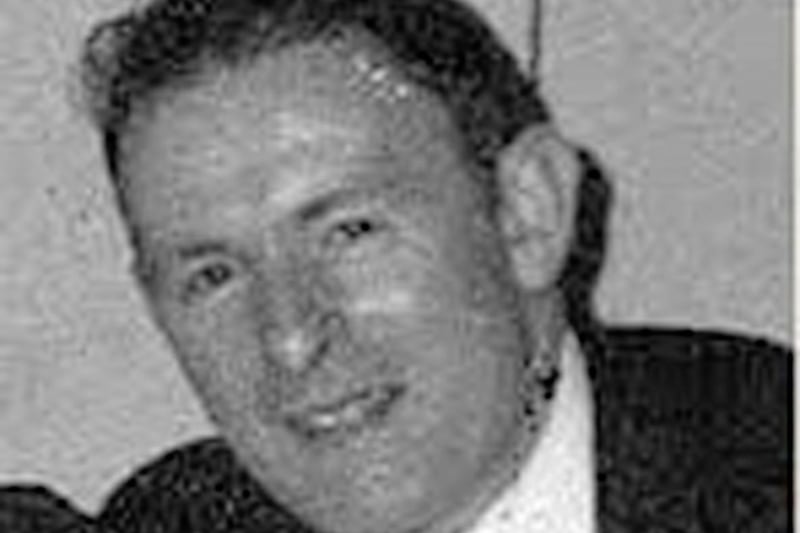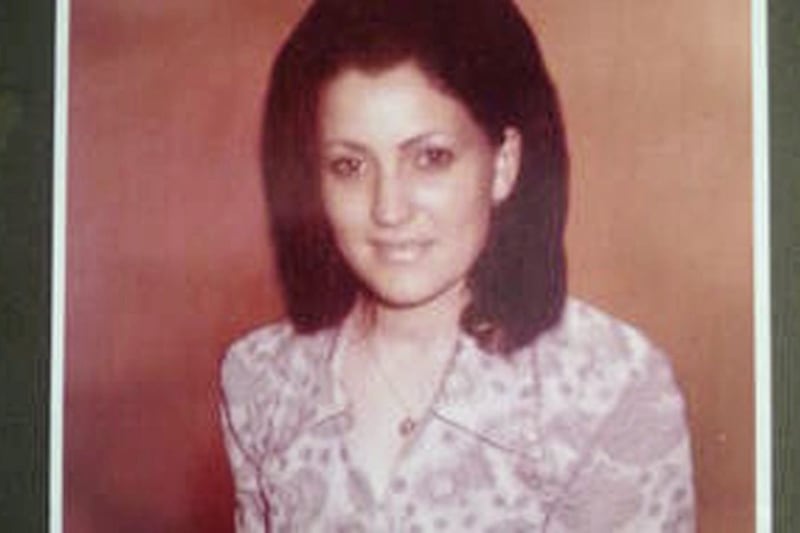THE family of an undercover British soldier killed by the IRA 44 years ago have won High Court permission to challenge his exclusion from a police investigation into a secretive army unit.
Relatives of Ted Stuart were granted leave to seek a judicial review in their attempt to have his murder feature in the examination of the Military Reaction Force's activities.
Mr Stuart (20), from Strabane, Co Tyrone, worked undercover for the MRF in the Twinbrook area of west Belfast posing as a laundry van driver.
He was shot and killed by the IRA in October 1972 when his cover was blown.
Lawyers for his family allege military negligence after the undercover operation was compromised by two suspected double agents supplying information to the IRA.
The PSNI's Legacy Investigations Branch (LIB) is currently investigating claims the MRF carried out random and unjustified shootings during the Troubles.
But the sapper's murder has not been included in the cases being probed.
Legal proceedings issued against the Chief Constable contend that the exclusion amounts to an unlawful refusal to hold a human rights compliant inquiry into the death.
In court on Monday it was claimed that Mr Stuart may have been used as bait to draw out the IRA, or that negligent deployment of army informers placed the soldier's life under unnecessary risk.
Hugh Southey QC, for the Stuart family, said: "There's material to suggest the MRF were reckless at the very least in the way they operated."
He rejected any suggestion that the police are not under a duty to include the killing in the investigation because it was carried out by paramilitaries.
"The state has a responsibility to protect the individual against the risks associated with dangerous activities," he said.
Counsel for the Chief Constable responded by claiming the legal challenge had taken a "wrong turn" right at the start.
He pointed out that the police investigation, following a referral by Director of Public Prosecutions Barra McGrory, was into allegations in a news documentary that MRF soldiers had opened fire on civilians.
The court also heard that investigations at the time of Mr Stuart's shooting led to one man being convicted of related offences but cleared of murder.
"There's no credible information relevant to the identity or prosecution or punishment of a perpetrator of Mr Stuart's killing, therefore the authorities are not under any obligation to take further investigative steps," the PSNI's barrister said.
However, Mr Justice Maguire held that the soldier's family had established legal points worthy of further exploration.
Granting leave to apply for a judicial review, he said: "The court at this stage considers that it's arguable that the two individuals who appear to have been agents of the Ministry of Defence (MoD) did supply the information which ultimately led to the Provisional IRA operation and in turn to the death of the deceased."
Emphasising that no findings of fact were being made at this stage, the judge added: "The court is concerned about whether or not the MoD were aware of the compromise that may have taken place."
A full hearing will now take place at a later stage.






